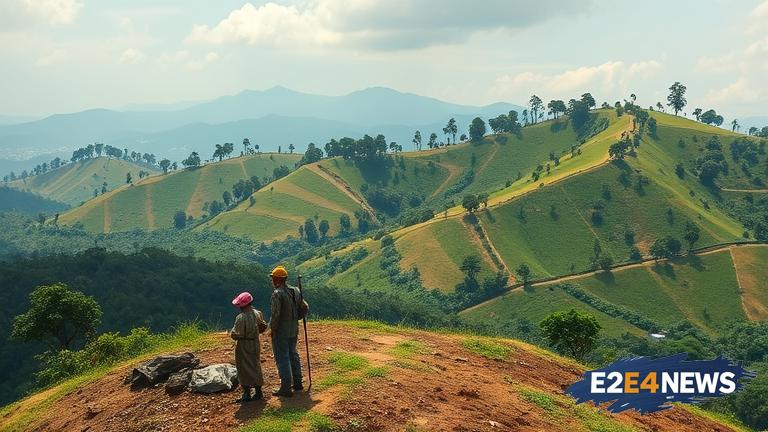The Chittagong Hill Tracts (CHT) in Bangladesh have been plagued by violence and unrest for decades, despite the signing of a peace accord in 1997. The accord was intended to bring an end to the conflict between the government and the indigenous communities of the region, but it has failed to deliver on its promises. The indigenous people of the CHT, including the Chakma, Marma, and Tripura communities, have faced human rights abuses, displacement, and marginalization at the hands of the government and Bengali settlers. The region has seen numerous incidents of violence, including killings, rapes, and arson attacks, with the perpetrators often going unpunished. The government has been accused of failing to implement the terms of the peace accord, including the withdrawal of military personnel from the region and the recognition of indigenous rights. The CHT has also seen an influx of Bengali settlers, who have been allocated land and resources, further exacerbating the tensions between the indigenous communities and the government. The indigenous people have been forced to live in poverty and squalor, with limited access to education, healthcare, and other basic services. The region’s natural resources, including its forests and waterways, have been exploited by the government and private companies, with little benefit accruing to the indigenous communities. The violence and unrest in the CHT have also had a disproportionate impact on women and children, who have been subjected to sexual violence, trafficking, and forced labor. The international community has been criticized for its failure to take action to address the human rights abuses in the CHT, with many organizations and governments turning a blind eye to the situation. The Bangladesh government has also been accused of restricting access to the region, making it difficult for journalists, activists, and aid workers to document the human rights abuses and provide assistance to the affected communities. Despite the challenges, the indigenous communities of the CHT remain determined to fight for their rights and to achieve a lasting peace in the region. They have called for the implementation of the peace accord, the recognition of their rights, and an end to the violence and human rights abuses. The situation in the CHT is a complex and deeply entrenched one, requiring a comprehensive and sustained response from the government, the international community, and civil society. The ongoing violence and unrest in the region are a stark reminder of the need for urgent action to address the human rights abuses and to achieve a lasting peace in the CHT. The indigenous communities of the region deserve justice, recognition, and protection, and it is the responsibility of all stakeholders to ensure that their rights are respected and upheld.
